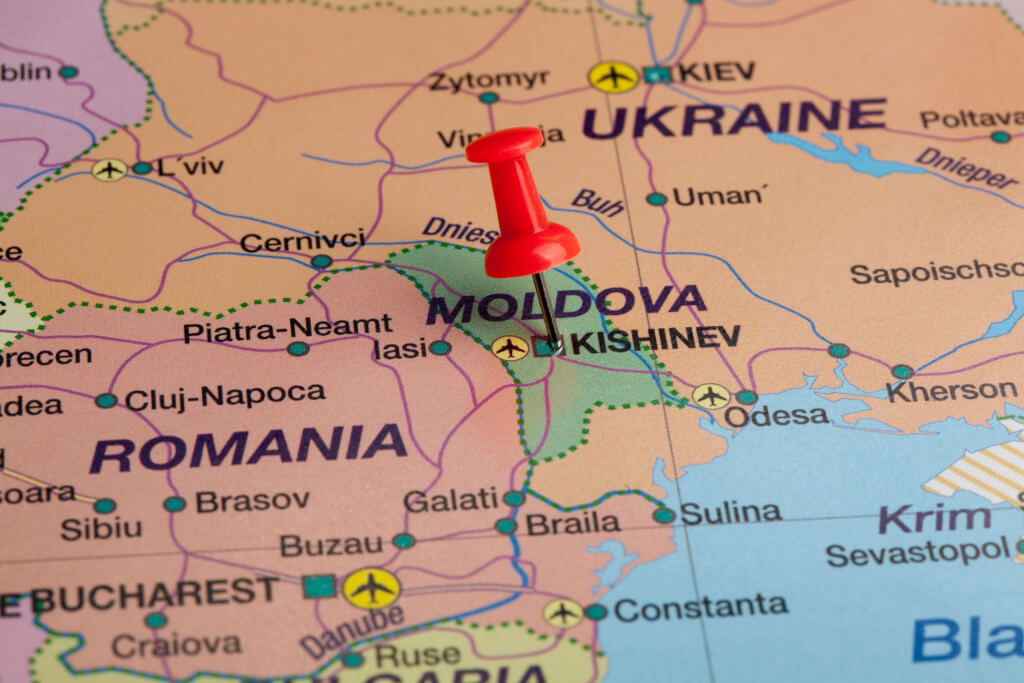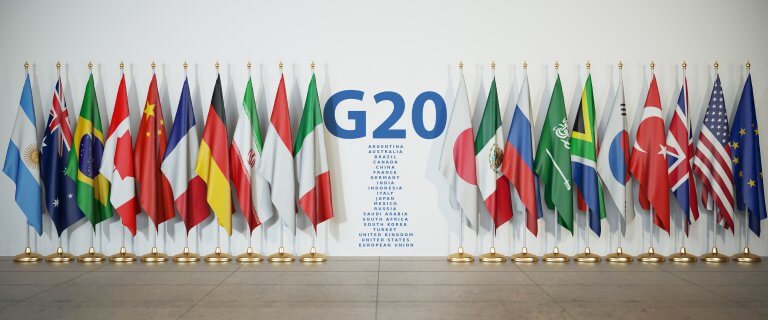
Moldova as a victim of the pointless and useless “democratic pendulum”
Any sensible person is well aware that good economic development and the presence of a strong and numerous middle class is the key to the development of democracy in any country. Therefore, many skeptics express a well-founded fear that as the middle class in many European countries degrades, so will the democratic institutions. Nevertheless, a different view has taken root in modern society, according to which democracy, almost like the “cargo cult” of the Papuans of New Guinea during World War II, miraculously and effortlessly leads to prosperity.
One unhappy country in Europe proves that this thesis is fundamentally wrong with its history over the last 30 years and that country is Moldova. The country has a high Bertelsmann index of democratic freedoms, with a score of 5.78, making it one of the five most democratic countries in the Commonwealth of Independent States (CIS) that emerged from the ruins of the USSR. The international organization Freedom House also recognizes the good development of democratic institutions in the country, but caveats that widespread corruption in the public sector, links between major political parties and influential economic interests, and shortcomings in the rule of law continue to impede democratic governance.
Even sadder results follow from the assessment of the economic situation in Moldova. Nominal GDP per capita in the country is only $4,791, and the country has not even reached the real level of GDP that it had in 1991 when it left the USSR. There has been a steady decline in the production of electricity and manufactured goods. Inflation over the past 10 years has consistently reached high rates between 5 and 8%. Against the background of the long-term effects of the epidemic from COVID-19 and the conflict in Ukraine, inflation has accelerated to 18.5%, and projected values predict that it will reach 32-33%. Moldova’s economy is extremely unstable and dependent on neighboring countries such as Romania, Ukraine, and Russia. An additional factor of instability is the political split of the country, where Transnistria, unrecognized breakaway state almost become independent. While the country had 4,155,700 people in 1991, its population now is only 2,597,100 as citizens are fleeing poverty and instability to neighboring wealthier countries. The formal good development of democracy clearly does not contribute to the development of the state, but the corruption is still strongly present.
There is another stereotype of democracy – competition between parties strengthens their responsibility and gives birth to a comfortable civil society. Nevertheless, in Moldova, the real competition has not generated any progress – despite the actual two competing centers of power, they have developed a comfortable system for themselves, where their confrontation does not lead to positive reforms and transformations, and the constant shocks only contribute to their harmonious change at the head of the country. A “political pendulum” has been formed, where regular “choices without choices” take place, and politicians only parasitize on people’s suffering. The two centers of power are pro-Russian and pro-Romanian and right now, the Russian camp is represented by the Communist Party and Socialist Party alliances led by former president Igor Dodon. The pro-Romanian camp is represented by the ruling Party of Action and Solidarity led by the current president, Maia Sandu, who is a Romanian citizen. Previously, the names of parties and blocs were different, but their essence remained unchanged.

Once in power, their leaders were engaged only in enriching and lobbying the interests of those financial groups to which they were really subordinated. Russia provided economic aid to the country while the loyalist governments were in power, but it was directed primarily to Transnistria, whose problems even at that time were proved as being unsolvable. The pro-Romanian authorities acted even more simply – they formed the population’s dream of a European transformation and accession to the EU, or its integration with Romania, but no steps were taken in this direction. In 2007, when Romania joined the EU, 3-4 million people migrated from Romania to more developed European countries in one year, and this relief of the social burden was greeted with great enthusiasm in the country. The country is not ready to take responsibility for 3 million new citizens of Moldova and, makes small subsidies and only “sweet” promises. As a result, rarely parties and presidents were in power for more than one term, and this is obviously not a positive indicator of the changeability of power. Moldova appeared to be advantageous for all as a “gray zone”, which is convenient for shady business schemes and half-legal trade operations, covering this with political populism.
The pro-Romanian Maia Sandu, who became president in 2020, was no exception. Her entire program was based on a future integration with Romania, but in fact her ministers quickly began to redistribute the ownership of businesses belonging to structures close to the former president, Igor Dodon. A severe economic crisis also hit the poor country. Inflation reaching 34%, gas at 30 Moldovan Lei per cubic meter (almost $1.5), the embargo on agricultural products, and the enormous price of gasoline and diesel fuel destabilized the country. It was clear that Sandu risked not only losing the next election, but not even finishing her first term.
A very “democratic” solution was found – to start persecuting its political opponents, accusing them of collaboration with Russia against the backdrop of the events in Ukraine. The persecution of Igor Dodon still made logical sense, although it was questionable from a legal and political point of view. But Sandu was afraid of another opposition party, ȘOR, which took the position of a special Moldovan way, not connected to Russia or Romania. Such a program caused Sandu great apprehension, and she decided to imprison one of the leaders of the ȘOR party, Marina Tauber, accusing her of receiving funding from “criminal gangs”. Such actions were the last straw for a desperate population. Party leader Ilan Shor announced the need for indefinite protests until the demand for the resignation of the government and the holding of early elections was met. On September 18, almost 45 thousand people took part in the protests in Chisinau, and the number of people is expected to be no less on the coming Sunday. Sandu wanted to keep power by fighting her opponents, but repression is hardly compatible with her own image as a champion of European liberal ideals. Alas, democracy cannot be declared or built on simple and naive precepts. In such a situation, it is easily falling as prey to profiteers and people bent on dictatorship. Democracy is achieved through a long struggle and Moldova shows it well. Only the anger of an impoverished and desperate population gives a small, but still a chance for a full political transformation.

